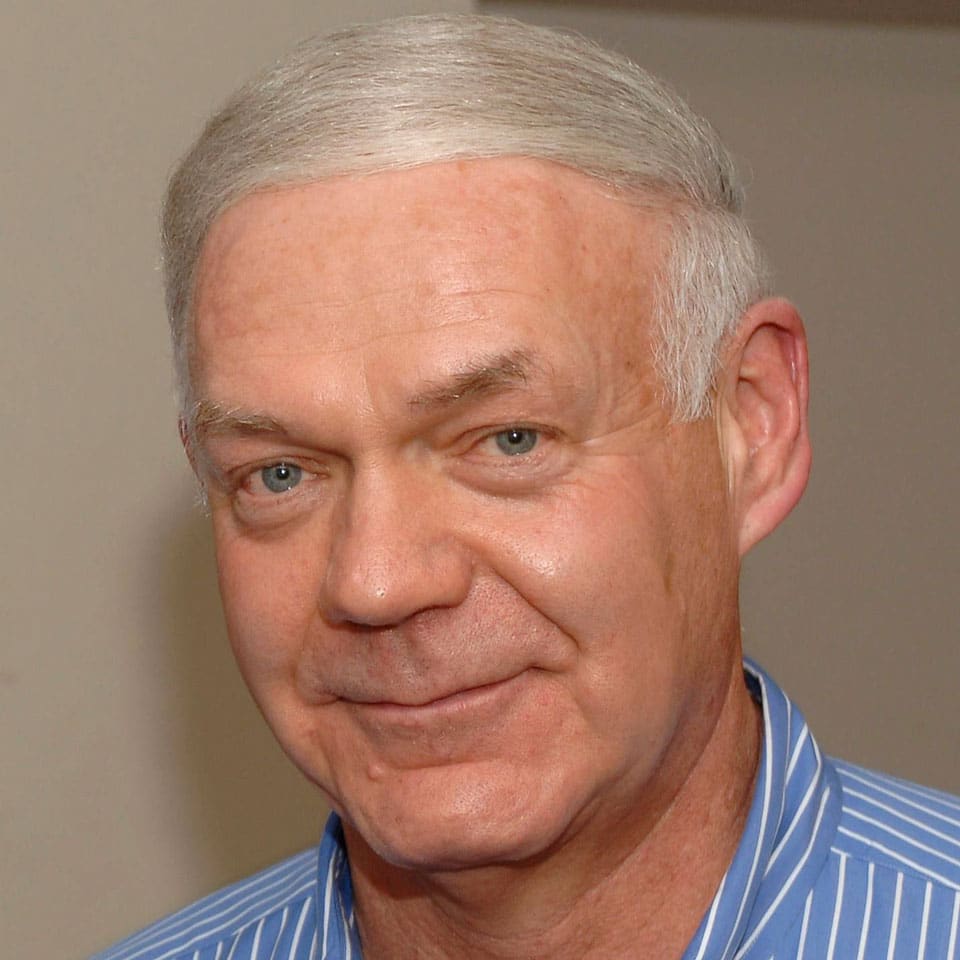Get Real – The ‘Elephant’ In The Room Should Be Our Best Friend, Not Our Worst Enemy

As part of the promotion campaign for my book, ‘A Place for T: Giving Voice to the Tortoise in Our Hare-Brained World’, I have had the opportunity to meet and talk to a broad array of executives and professionals. The most consistent feedback I get is they are intrigued by the ideas and concepts I present but are not clear how they could be applied in their work situation. At the same time, they are all facing common unresolved challenges adapting their cultures to change, developing leaders, dealing with the loss of trust and low morale, and in general team dysfunction. Drawing on the words from the movie ‘Cool Hand Luke’, “what we’ve got here is a failure to communicate.”
For decades I have been working with clients to help create meeting environments that address their “failure to communicate”. The common problem is that conference rooms and other office meeting places are not conducive to communications that allow participants to be present with the hidden deeper reality they face. As a result, they focus on surface issues that rarely lead to traction on desired outcomes.
Traditional meetings are performance stages where participants act out organizational roles for pay. Through the use of agendas, formal authority, facilitation processes, dress codes, time constraints, and culturally sanctioned behavioral protocols, meetings trap participants in a ‘pretend’ world that masks the more complex, messy and irrational underlying reality inherent in human interaction. In my writing, I draw on a reframing of Aesop’s fable about a race pitting the fast and clever Hare against the slow and steady Tortoise where slow and steady eventually wins. In my version, this is a ‘human race’ between our Hare-brained heads and our Tortoise-inspired hearts that the Hare might win at the expense of our humanity. I call the Tortoise ‘T’. The Hare’s strategy is to handicap this ‘human race’ in its favor by setting these meeting traps that encourage speed and intellectual cleverness at the expense of our human qualities that define our humanity. These qualities include capacities to care about, love and show compassion for others, be civil and respectful in discourse, value moral/ethical considerations, and appreciate a shared existential anxiety about our common mortality. If these qualities were alive in business practice, or in all human interactions (including politics), wouldn’t most of our leadership challenges be easier to navigate?
T holds the spirit of these human qualities that are infused in our life stories and emotional insecurities that find no place for expression in traditional meetings. However, T does have a voice on ‘front porches’ that I use as a metaphor for meeting places that offer a new perspective on work and life. Such places are specifically designed to help participants step away from their roles and see the meeting play for what it is – a fiction that hides a deeper reality that they have been ignoring. Being present with this reality is a necessary context for transcending current communication/leadership challenges that relate to desired change and dysfunctional relationships.
‘A Place for T’ is offered as a rationale for adding ‘front-porch-like’ meetings to our organizational communication landscapes. T’s silence is blocking the path to a more desirable world, organization, or personal life. Think of this silence, what is not being said in meetings, as an invisible ‘elephant’ in the room that only T knows and sees. That ‘elephant’ can be ignored or tolerated in routine and non-controversial conversations without causing dysfunction. In such cases traditional meetings still have a legitimate place. However, in non-routine and controversial situations, the ‘elephant’ stands in the way of progress and must be the primary subject of attention. Adapting the words of Jordan Peterson, when participants have something to say, their silence is a lie. Progress is not possible on a foundation of such lies that erodes trust and kills morale.
Traditional Hare-Brained (third person analytical) approaches to meetings that silence T are not sufficient to invite the full presence of the ‘elephant’ in our conversations. At best it only surfaces in veiled pieces that mask true feelings and make no common sense. Some participants might see a tail and believe it is a rope, or a trunk and believe it is a hose, or its side and believe it’s a wall. Hare-Brained thinking might drive us to use questionnaires, polls, or voting to decide what the ‘elephant’ is. In some cases, we might yield to a power authority to make that decision. But all these business-rational approaches leave us dealing with a rope, a hose, or a wall, not the whole nature of the ‘elephant’. We need new kinds of conversations to imagine how the pieces fit into a whole, new kinds of places to invite them, and new kinds of leaders to design those places and host those conversations. We need leaders who give voice to T to bring participants present with their common human reality that transcends their Hare-Brained intellectual differences. We need to get ‘real’.
My message is simple. As Einstein once said, “we cannot solve our problems with the same level of [Hare-Brained] thinking we used when we created them.” Transcending current leadership challenges requires meeting in new ways that give voice to T to deepen our level of thinking. This can be accomplished with minimal cost and no disruption of current activities. Such meetings are natural sources of inspiration, not frustration. It works. Over three decades, I have been watching executives come to life as human beings in front porch-like meetings, seeing meaning and purpose become drivers of organizational and personal learning and change, and observing dreams become stakeholders in decision making. Without front porches, leaders have no place to lead!
The primary purpose of my writing, my teaching, and consulting is to help leaders design, convene, and/or host ‘front-porch-like’ meetings when necessary to give T a voice, bring participants fully present with the ‘elephant’ in their room, and use that ‘elephant’ to help them achieve desired results. According to T – that ‘elephant’ in our meeting places should be our best friend, not our worst enemy.
Written by Dr. Robert H. Lengel.
Have you read?
Ranked: These Are The Best War Movies of All Times And Why.
Unveiling Extraordinary Immigrant Achievers: The Impact of Naturalized Citizens.
Imperial Echoes: 22 Leaders, and their Lessons, and Legacies.
Rebranding Countries: 17 Names That Redefined The Nation’s Identity.
These Are The Largest Warships In The World.
Add CEOWORLD magazine to your Google News feed.
Follow CEOWORLD magazine headlines on: Google News, LinkedIn, Twitter, and Facebook.
Copyright 2024 The CEOWORLD magazine. All rights reserved. This material (and any extract from it) must not be copied, redistributed or placed on any website, without CEOWORLD magazine' prior written consent. For media queries, please contact: info@ceoworld.biz








